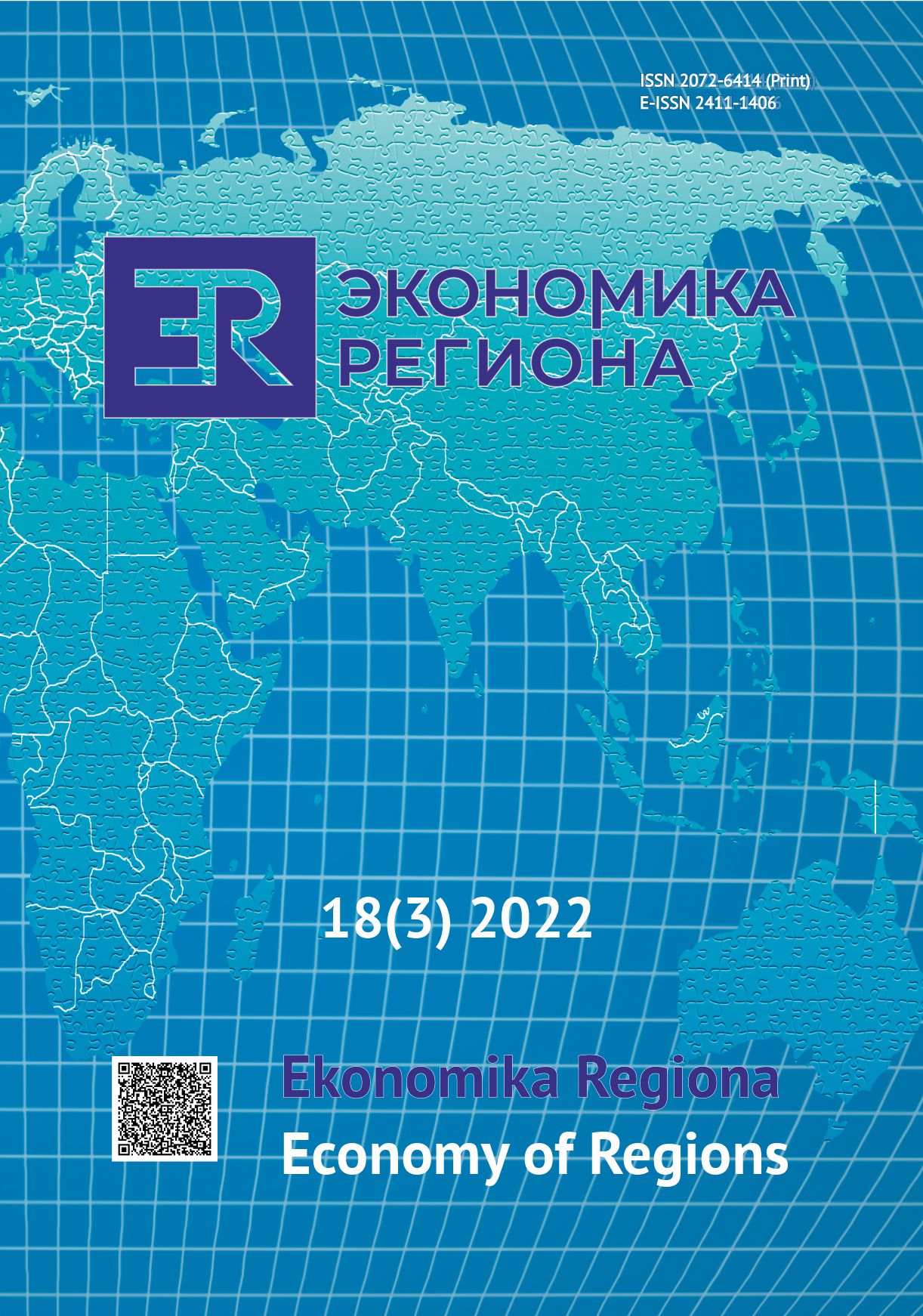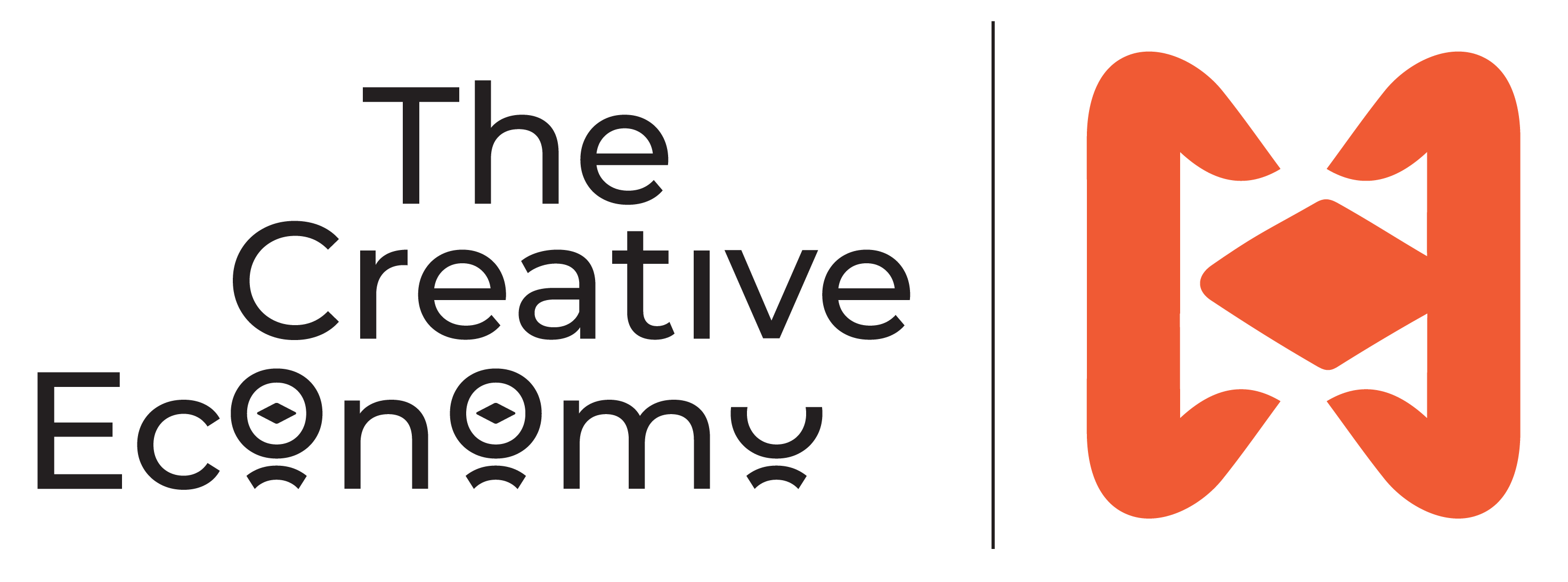Unlocking Financial Freedom: Mastering The Money-Sharing Economy
What is a sharing economy, and how does it apply to money?
A sharing economy is an economic model in which individuals share access to goods and services, often through online platforms. This model has been applied to many different industries, including transportation, accommodation, and even finance. In the context of money, a sharing economy can refer to a system in which individuals share access to financial resources, such as loans or investments.
There are many potential benefits to a sharing economy, including increased efficiency, reduced costs, and greater access to goods and services. For example, a ride-sharing service can help to reduce traffic congestion and pollution by allowing individuals to share rides with others. A home-sharing service can help to reduce the cost of travel by allowing individuals to rent out their homes to others when they are not using them. And a peer-to-peer lending service can help to reduce the cost of borrowing money by allowing individuals to borrow from each other directly.
money6xharing economy
The sharing economy is a socio-economic model in which individuals share access to goods and services, often through online platforms. In the context of money, a sharing economy can refer to a system in which individuals share access to financial resources, such as loans or investments. There are many potential benefits to a sharing economy, including increased efficiency, reduced costs, and greater access to goods and services.
- Collaborative Consumption: Individuals sharing access to underutilized assets.
- Peer-to-Peer Finance: Individuals lending or borrowing money directly from each other.
- Crowdfunding: Individuals pooling small amounts of money to fund projects or businesses.
- Community Currencies: Local currencies used within a specific geographic area or community.
- Asset Sharing: Individuals sharing access to physical assets, such as cars, tools, or vacation homes.
- Skill Sharing: Individuals sharing their skills and knowledge with others, often through online platforms.
- Time Banking: Individuals exchanging their time and skills for goods and services.
These key aspects of the sharing economy offer numerous advantages, such as increased efficiency, reduced waste, and greater social interaction. Collaborative consumption, for example, allows individuals to access goods and services without the need for ownership, thereby reducing waste and promoting sustainability. Peer-to-peer finance provides access to capital for individuals and businesses that may not qualify for traditional loans, fostering financial inclusion. Crowdfunding empowers individuals to support projects and businesses that they believe in, fostering innovation and entrepreneurship.
Overall, the sharing economy has the potential to transform the way we access and consume goods and services, promote more sustainable and equitable economic models, and foster stronger community ties.
- Jasmine Sherni Fae Love Strictly Her Stepsister
- Who Is Josh Allens Twin Brother
- Larry Fink Daughter
- Plumpy_mage Leaked
- World Hierarchy Pyramid 4k
Collaborative Consumption
Collaborative consumption, a key aspect of the sharing economy, involves individuals sharing access to underutilized assets, blurring the traditional boundaries of ownership and consumption. This model has significant implications for the money6xharing economy, as it challenges traditional notions of financial ownership and introduces new opportunities for sharing and accessing financial resources.
- Resource Optimization: Collaborative consumption promotes the efficient use of resources and reduces waste by enabling individuals to share underutilized assets, such as cars, tools, and vacation homes. This can lead to cost savings and environmental benefits.
- Community Building: Sharing platforms foster a sense of community and collaboration, as individuals connect with others who share similar interests and values. This can lead to the development of new social networks and stronger community ties.
- Access to Underutilized Assets: Collaborative consumption provides access to a wider range of goods and services for individuals who may not be able to afford or justify owning them outright. This can increase affordability and promote more sustainable consumption patterns.
- Financial Benefits: Sharing underutilized assets can generate additional income for individuals, helping them to supplement their earnings or reduce their expenses. This can have a positive impact on financial inclusion and economic well-being.
In summary, collaborative consumption within the sharing economy offers a range of benefits, including resource optimization, community building, increased access to goods and services, and financial benefits. These factors contribute to a more efficient, sustainable, and equitable economic model.
Peer-to-Peer Finance
Peer-to-peer (P2P) finance, a component of the sharing economy, involves individuals lending or borrowing money directly from each other, bypassing traditional financial institutions. This model leverages online platforms to connect lenders and borrowers, offering several advantages and implications for the money6xharing economy:
Increased Access to Capital: P2P finance expands access to capital for individuals and businesses that may not qualify for traditional loans. This is particularly beneficial for startups, small businesses, and individuals with poor credit histories.
Lower Transaction Costs: P2P lending platforms often have lower transaction costs compared to traditional financial institutions, as they eliminate the need for intermediaries and physical branches.
Diversification and Risk Management: P2P lending allows investors to diversify their portfolios and manage risk by investing in a pool of loans rather than a single loan. This can help to reduce overall portfolio risk.
Community Building and Social Impact: P2P lending fosters a sense of community and social impact, as it connects individuals with similar financial goals and values. This can lead to the development of new social networks and stronger community ties.
Challenges and Considerations: While P2P finance offers numerous benefits, it also comes with certain challenges and considerations. These include the need for robust risk assessment mechanisms, regulatory oversight to protect both lenders and borrowers, and the potential for fraud and scams.
In summary, peer-to-peer finance within the sharing economy provides increased access to capital, lower transaction costs, diversification opportunities, and social impact. Addressing the challenges and considerations associated with P2P lending is crucial to ensure its continued growth and sustainability.
Crowdfunding
Crowdfunding, an integral component of the sharing economy, enables individuals to pool small amounts of money to fund projects or businesses. This model has revolutionized the way entrepreneurs and innovators access capital, fostering a more inclusive and democratized financial ecosystem.
Within the money6xharing economy, crowdfunding plays a crucial role by:
- Expanding Access to Capital: Crowdfunding platforms provide an alternative source of funding for individuals and businesses that may not qualify for traditional loans or venture capital. This expanded access to capital empowers entrepreneurs to bring their ideas to life and drive innovation.
- Diversifying Investment Portfolios: Crowdfunding allows investors to diversify their portfolios by investing in a wider range of projects and businesses. This diversification can help to reduce overall portfolio risk and potentially enhance returns.
- Fostering Community and Engagement: Crowdfunding campaigns often create a sense of community and engagement among backers who share similar interests and values. This community support can extend beyond financial contributions, providing valuable feedback and support to project creators.
Real-life examples abound, showcasing the transformative power of crowdfunding within the money6xharing economy. Kickstarter, a prominent crowdfunding platform, has helped fund a diverse array of projects, from blockbuster films to groundbreaking technologies. Indiegogo, another popular platform, has enabled entrepreneurs to launch successful businesses, empowering individuals to turn their dreams into reality.
The practical significance of understanding the connection between crowdfunding and the money6xharing economy lies in its potential to drive economic growth and innovation. By providing alternative funding mechanisms and fostering community engagement, crowdfunding contributes to a more inclusive and sustainable financial system.
However, challenges remain, including the need for robust regulatory frameworks to protect investors and ensure transparency. Additionally, ensuring equitable access to crowdfunding opportunities is crucial to avoid exacerbating existing economic disparities.
In conclusion, crowdfunding's role within the money6xharing economy is undeniable. It expands access to capital, diversifies investment portfolios, fosters community engagement, and drives economic growth. Addressing the challenges and maximizing the opportunities presented by crowdfunding will be essential to harness its full potential for a more inclusive and prosperous financial future.
Community Currencies
Community currencies, as a component of the money6xharing economy, play a significant role in fostering local economic development and social cohesion. Their usage is particularly relevant in communities seeking to promote self-sufficiency and resilience.
- Local Economic Development: Community currencies stimulate local economic activity by encouraging residents to spend within their own community. This helps to keep money circulating locally, supporting local businesses and creating jobs.
- Community Building: By using a shared currency, community members develop a stronger sense of place and identity. It fosters a sense of shared purpose and encourages collaboration among local residents.
- Sustainability and Environmental Protection: Community currencies can promote sustainable practices by encouraging local sourcing and reducing the environmental impact associated with long-distance transportation of goods and services.
- Financial Inclusion: Community currencies can provide access to financial services for individuals who may be excluded from traditional banking systems, promoting financial inclusion and economic empowerment.
Examples of successful community currency initiatives include the Ithaca HOURS in New York, the Brixton Pound in London, and the WIR in Switzerland. These currencies have demonstrated their ability to revitalize local economies, strengthen community ties, and promote sustainable practices.
In conclusion, community currencies are a valuable aspect of the money6xharing economy, offering numerous benefits to local communities. By stimulating economic activity, fostering community building, promoting sustainability, and enhancing financial inclusion, they contribute to a more resilient and equitable economic system.
Asset Sharing
Asset sharing, a key component of the money6xharing economy, involves individuals sharing access to physical assets, such as cars, tools, or vacation homes, rather than owning them outright. This model has gained traction in recent years, driven by technological advancements and a growing emphasis on sustainability and cost-effectiveness.
- Collaborative Consumption: Asset sharing promotes collaborative consumption, reducing the need for individual ownership and fostering a more efficient use of resources. By sharing underutilized assets, individuals can save money, reduce waste, and contribute to a more sustainable lifestyle.
- Peer-to-Peer Rental: Online platforms have facilitated peer-to-peer rental of assets, connecting individuals who have underutilized assets with those who need them. This model provides flexible and affordable access to a wide range of goods and services.
- Community Building: Asset sharing fosters a sense of community and collaboration, as individuals interact with each other to exchange goods and services. This social interaction can strengthen community ties and promote a more sharing-oriented society.
- Environmental Sustainability: By reducing the need for individual ownership and promoting the sharing of resources, asset sharing contributes to environmental sustainability. It reduces consumption, waste, and the associated carbon footprint.
Examples of successful asset sharing platforms include Turo for car sharing, Airbnb for vacation rentals, and Neighbor for storage space rental. These platforms have transformed the way individuals access and use physical assets, unlocking new economic opportunities and promoting more sustainable consumption patterns.
In conclusion, asset sharing is a transformative aspect of the money6xharing economy, offering benefits such as collaborative consumption, peer-to-peer rental, community building, and environmental sustainability. As technology continues to advance and societal attitudes shift towards sharing, the potential for asset sharing to reshape our economic and social systems is immense.
Skill Sharing
Skill sharing, as an integral component of the money6xharing economy, has significant implications and offers unique advantages. By enabling individuals to share their skills and knowledge with others, often through online platforms, skill sharing contributes to the growth and sustainability of the sharing economy in several ways:
Increased Access to Skills and Expertise: Skill sharing platforms provide a marketplace where individuals can access a diverse range of skills and expertise. This increased access to knowledge and skills empowers individuals to learn new skills, enhance their existing abilities, and contribute to their communities.
Community Building and Social Impact: Skill sharing fosters a sense of community and social impact by connecting individuals with shared interests and goals. It promotes collaboration, knowledge exchange, and the development of strong social networks.
Economic Empowerment: Skill sharing platforms allow individuals to monetize their skills and knowledge, creating new income streams and promoting economic empowerment. This is particularly beneficial for individuals with specialized skills or expertise who may not have traditional employment opportunities.
Sustainability and Environmental Benefits: By promoting the sharing of skills and knowledge, skill sharing contributes to sustainability and environmental benefits. It reduces the need for individuals to acquire and own physical goods, promotes resource efficiency, and fosters a more sustainable lifestyle.
Real-life examples abound, showcasing the transformative power of skill sharing within the money6xharing economy. Platforms like Udemy, Coursera, and Skillshare have revolutionized education and skill development, making it accessible and affordable for millions worldwide.
In conclusion, the connection between skill sharing and the money6xharing economy is undeniable. Skill sharing expands access to skills and expertise, fosters community building, promotes economic empowerment, contributes to sustainability, and drives the growth of the sharing economy. Understanding this connection is crucial for unlocking the full potential of the sharing economy and fostering a more equitable, sustainable, and knowledge-based society.
Time Banking
Time banking, a unique aspect of the money6xharing economy, involves individuals exchanging their time and skills for goods and services without the use of traditional currency. This model fosters a sense of community and reciprocal exchange, offering several advantages and implications within the money6xharing economy.
- Skills and Services Exchange: Time banking platforms facilitate the exchange of skills and services among members, creating a marketplace where individuals can offer their expertise in return for goods or services they need. This promotes skill sharing, community building, and the efficient utilization of resources.
- Community Building and Social Impact: Time banking strengthens community ties by fostering collaboration and reciprocal support. Members engage in meaningful interactions, forming a network of trusted individuals who support each other's needs and contribute to the overall well-being of the community.
- Economic Empowerment: Time banking empowers individuals, particularly those with limited financial resources, by providing access to goods and services in exchange for their time and skills. This promotes economic inclusion and reduces reliance on traditional monetary systems.
- Sustainability and Environmental Benefits: Time banking encourages sustainable consumption patterns by reducing the need for excessive consumption and waste. By sharing skills and services, individuals can access what they need without purchasing new goods, contributing to a more environmentally friendly lifestyle.
Time banking exemplifies the core principles of the money6xharing economy by promoting community, sustainability, and equitable access to resources. It challenges traditional notions of value and exchange, fostering a more collaborative and socially conscious economic model.
Frequently Asked Questions about Sharing Economy
The sharing economy is a socio-economic model that enables individuals to share access to goods and services, often through online platforms. It encompasses various aspects, including collaborative consumption, peer-to-peer finance, skill sharing, time banking, and more.
Question 1: How does the sharing economy benefit individuals?
The sharing economy offers numerous benefits to individuals. It provides access to goods and services at a reduced cost, promotes sustainability by reducing waste and consumption, and fosters a sense of community by connecting people with similar interests and values. Additionally, it creates opportunities for individuals to earn extra income by sharing their skills, assets, or time.
Question 2: What are the potential challenges associated with the sharing economy?
While the sharing economy offers many advantages, it also presents certain challenges. These include concerns about data privacy and security, the need for robust regulatory frameworks to ensure fairness and transparency, and the potential for exploitation of workers in some cases. Addressing these challenges is crucial to ensure the long-term sustainability and positive impact of the sharing economy.
In conclusion, the sharing economy has the potential to transform the way we access goods, services, and connect with others. By embracing its benefits and addressing its challenges, we can foster a more sustainable, equitable, and collaborative economic model.
Conclusion
The money6xharing economy is a transformative socio-economic model that has gained significant traction in recent years. By enabling individuals to share access to goods, services, and financial resources, it offers numerous benefits, including increased efficiency, reduced costs, and greater access to opportunities. The key aspects of the money6xharing economy, such as collaborative consumption, peer-to-peer finance, crowdfunding, community currencies, asset sharing, skill sharing, and time banking, all contribute to a more sustainable, equitable, and inclusive economic system.
As the sharing economy continues to evolve, it is crucial to address potential challenges, such as data privacy concerns and the need for robust regulatory frameworks. By embracing the principles of collaboration, sustainability, and community empowerment, we can harness the full potential of the money6xharing economy to create a more prosperous and fulfilling future for all.

CEEOL Article Detail

CTO — Open Source Economy

What is the creative economy? The Creative Economy